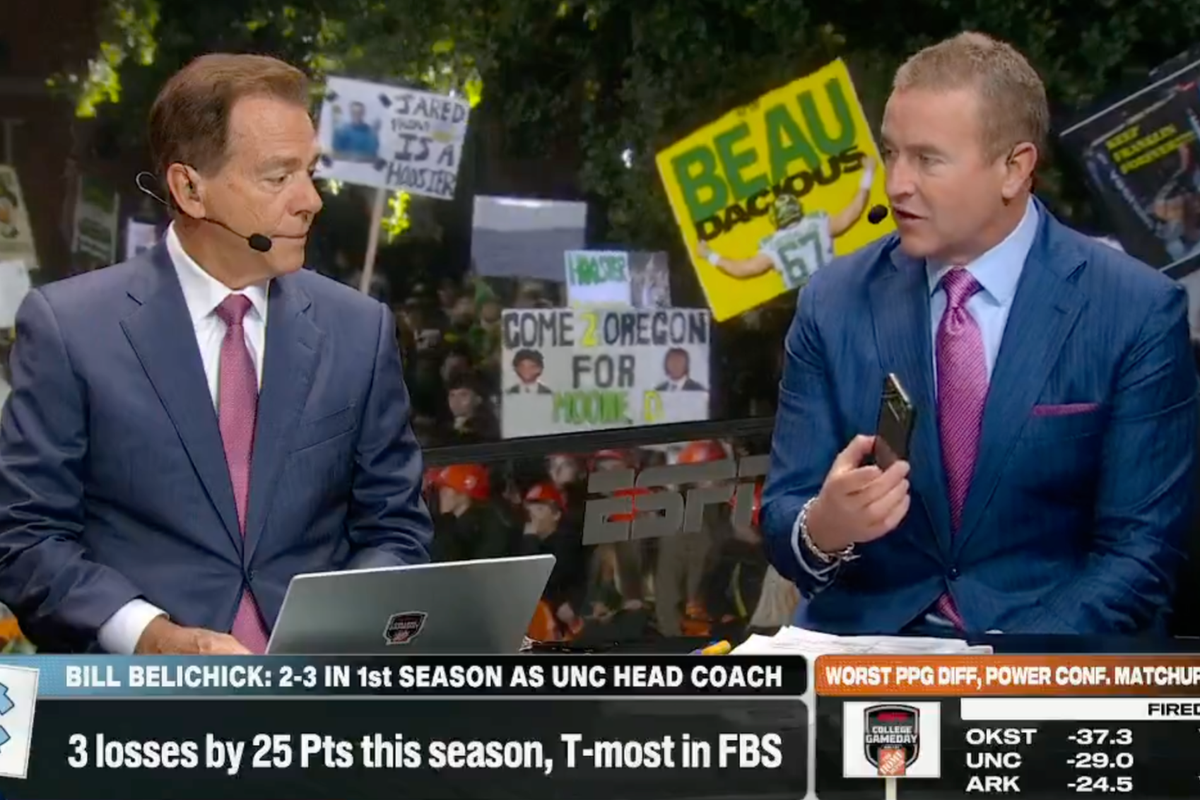The wife of Raynor Winn’s former employer has said their experience with the author caused him to “lose his trust in human beings”.
The bestselling author of The Salt Path has found herself at the centre of controversy in the past week, after an investigation published in The Observer alleged that parts of her memoir had been fabricated.
Winn’s 2018 book tells how she and her husband, Moth, walked the South West Coast Path, a gruelling journey of 630 miles, after a string of private tragedies including the loss of their home in Wales and Moth being diagnosed with a neurological condition.
The Salt Path was a publishing hit, selling 2 million copies and winning Winn legions of fans. A film adaptation, starring Gillian Anderson and Jason Isaacs as Winn and Moth, respectively, was released in May.
Published on Sunday (6 July), The Observer’s investigation raised serious doubts over the accuracy of her memoir, claiming that it misrepresented how the couple lost their home, which, according to Winn, was due to a bad business investment.
The Observer, however, reported that the couple lost the property after Winn allegedly defrauded her employer of £64,000 in 2008, which she apparently attempted to repay after taking out a loan from a relative.
Speaking to The Telegraph, Winn’s former employer, Ros Hemmings, who took part in The Observer’s original investigation, opened up about how the encounter had impacted her husband, Martin, who died in 2012.
It was after noticing a missing sum of £6,000 that Martin told Winn – real name Sally Walker – not to come into work the next day. According to Hemmings, Winn turned up at their home in tears with a cheque for £9,000, which they accepted, fearing that it was their only chance of repayment.

Further scrutiny of their bank account, however, showed a total of £64,000 unaccounted for. The police were called and Winn was arrested, but “vanished” when she was released on police bail.
Winn had allegedly fled to the Isle of Weight where Stan (a pseudonym), a close relative of Moth’s who is portrayed in the book as a family friend “Cooper”, agreed to find the couple a lawyer and provide them with a loan “to avoid her being prosecuted for stealing from her employer”, according to Stan’s wife, Jane (also a pseudonym).
After being contacted by Winn’s lawyer, the Hemmingses agreed to accept a payment of £90,000 on the condition that Martin agreed not to pursue a criminal case against her. Martin also signed a non-disclosure agreement.
The ordeal, however, affected Martin deeply, according to his wife. “He lost his trust in human beings,” she said.
Recalling the moment she saw the glowing reviews for The Salt Path , Hemmings said: “I was so hurt and sad – I just couldn’t believe it.”
She added that was was perplexed at how Winn had been presented as a “golden girl”.
In a lengthy statement issued on Wednesday night (9 July), Winn said she was “truly sorry” for “mistakes” made while working with her former employer, Martin Hemmings, “in the years before the economic crash of 2008”.

“For me it was a pressured time. It was also a time when mistakes were being made in the business,” she wrote. “Any mistakes I made during the years in that office, I deeply regret and I am truly sorry.” Winn gave no further details about the allegations of theft.
Winn said that the dispute involving Hemmings is not the court case referred to in The Salt Path and it was not the reason they lost their home.
In the same statement, she addressed the “heartbreaking” allegations over Moth’s CBS diagnosis; corticobasal degeneration is a rare and incurable neurological condition said to be both degenerative and terminal.
She shared photographs of redacted clinic letters, addressed to Timothy Walker (Moth’s real name), that appear to show that he is “treated for CBD/S and has been for many years”.
Alongside the photos, Winn added: “As I’ve explained many times in my books, we will always be grateful that Moth’s version of CBS is indolent, its slow progression has allowed us time to discover how walking helps him. Others aren’t so lucky.”
Winn called The Observer article “grotesquely unfair” and “highly misleading”, adding that it “seeks to systematically pick apart my life”.
The Salt Path’s publisher Penguin said that it “undertook all the necessary due diligence” before publishing Winn’s book in 2018.
Producers of the film, released in the UK only weeks ago, have said they had no knowledge of the concerns.






